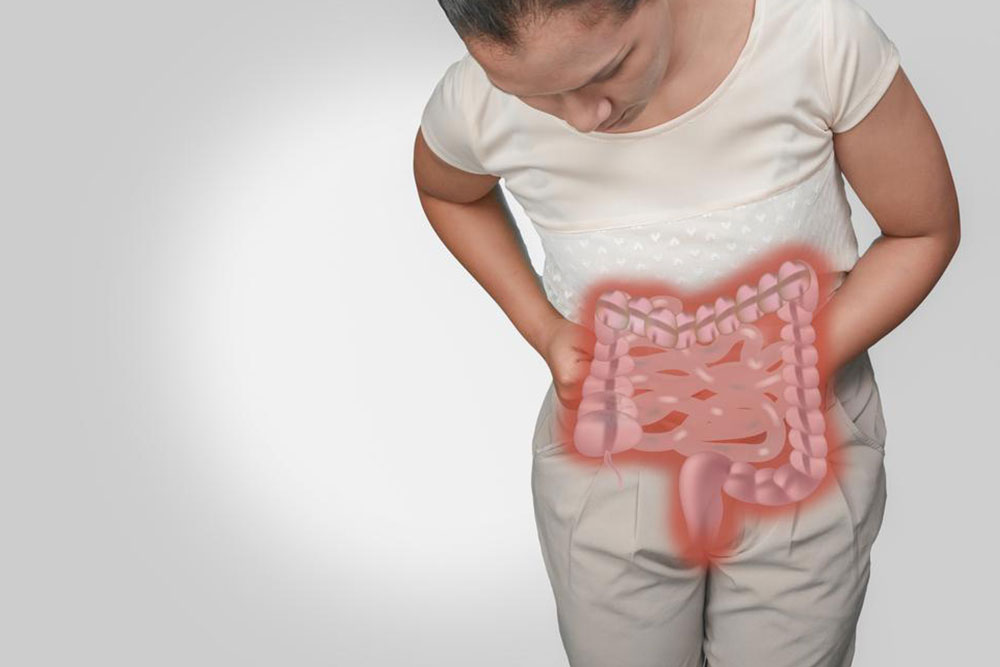Identifying Key Symptoms of Irritable Bowel Syndrome
Learn to recognize the key symptoms of irritable bowel syndrome, including abdominal pain, bloating, and irregular bowel habits. Discover potential causes and practical management tips to reduce discomfort. Stay informed about this common digestive disorder with our comprehensive guide.

Irritable bowel syndrome (IBS) is a prevalent digestive condition affecting millions worldwide, especially in the US, where 25 to 45 million individuals are impacted. Although its exact cause remains unknown, IBS manifests through various symptoms that can fluctuate over time.
Understanding IBS
IBS is a functional disorder characterized by normal gut structure, with no visible abnormalities either on a microscopic level. It primarily affects young adults, with women being two-thirds of the cases.
Common Symptoms of IBS
Abdominal Pain and Discomfort: You may experience intermittent pain or cramps in your abdomen, which often improve after passing gas or stool. These spasms are typically caused by gas buildup.
Excess Gas and Bloating: Feelings of bloating and swelling in your stomach can occur due to gas, leading to frequent burping or flatulence. Occasionally, this creates an urgent need to visit the toilet.
Altered Bowel Trends: IBS can change your bowel habits, causing diarrhea, constipation, or alternating between both. Stools may become pellet-like, watery, or mucus-laden, sometimes giving you a sensation of incomplete bowel emptying and prompting urgent bathroom visits.
Additional Symptoms: Other possible signs include nausea, headaches, belching, diminished appetite, fatigue, muscle pain, backaches, heartburn, and bladder issues. These may appear sporadically and are linked to gas, stress, or related factors.
Causes and Management
While the precise cause of IBS remains elusive, it may involve abnormal gut nerve activity, stress, dietary intolerances, or infections. Managing symptoms includes regular exercise, stress reduction techniques, and dietary adjustments to avoid trigger foods. Although no cure exists, lifestyle modifications can help control symptoms effectively.
Important Notice: Our blog provides general information based on research but is not a substitute for professional medical advice. Always consult a healthcare provider for proper diagnosis and treatment options.










